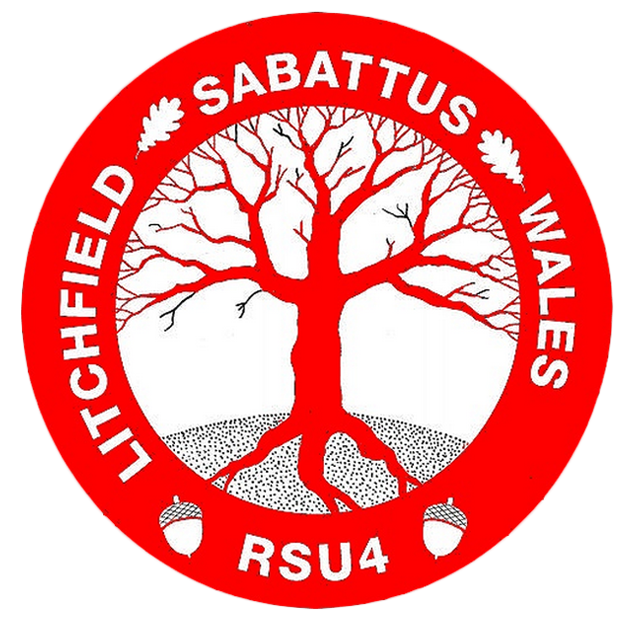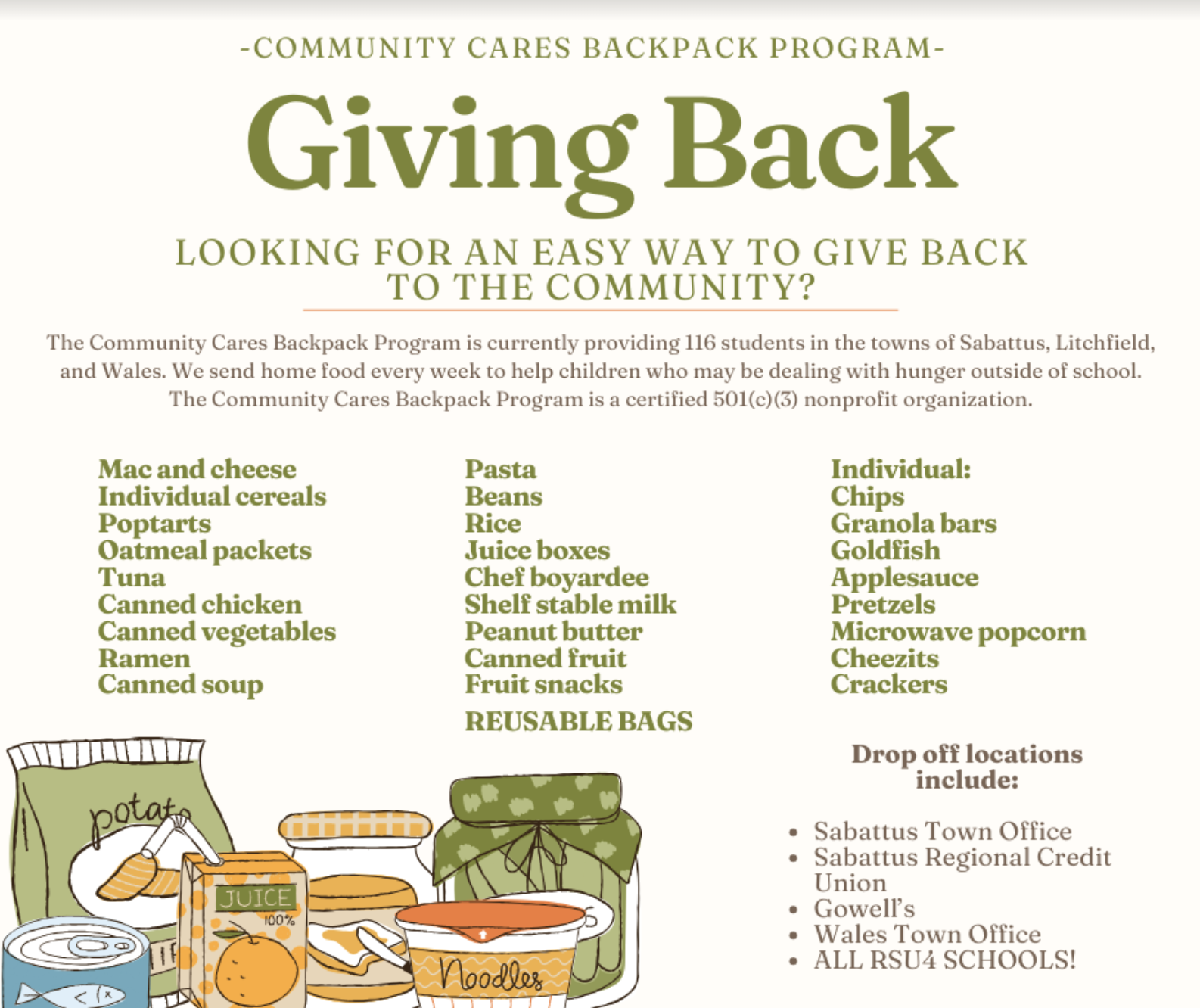Local educational agencies must:
“ensure that public notice of the educational rights of homeless children and youths is disseminated in locations
frequented by parents or guardians of such children and youths, and unaccompanied youths, including schools,
shelters, public libraries, and soup kitchens, in a manner and form understandable to the parents and guardians of
homeless children and youths, and unaccompanied youths.” 42 USC §11432(g)(6)(A)(vi).
“inform school personnel, service providers, advocates working with homeless families, parents and guardians of homeless children and youths, and homeless children and youths of the duties of the [LEA] liaisons.” 42 USC
§11432(g)(6)(B).

